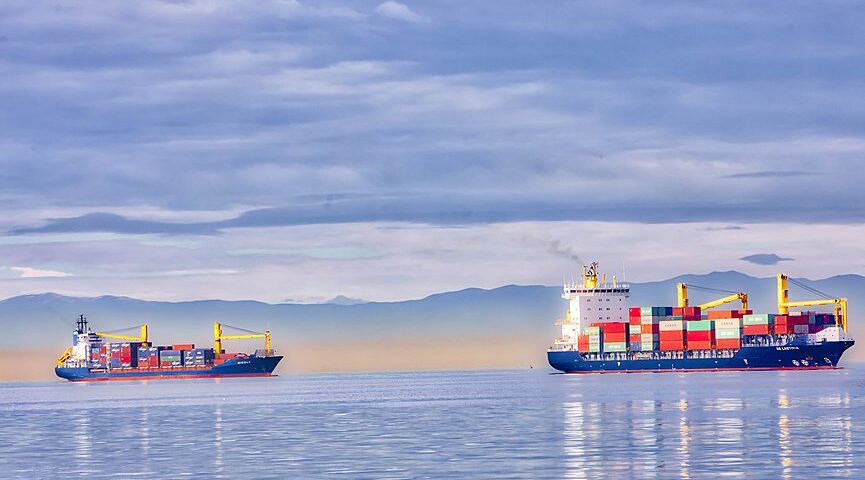Download PortReport No 4 – Changing demand for maritime trades
Effective planning for transport infrastructures such as ports and their connections to roads, railways and inland waterways, requires foresight of what possible future maritime trade flows could look like. The future of maritime trade demand remains by nature uncertain. Due to the diversity in commodities transported at sea (oil, coal, iron ore, grain, general and containerized cargoes…), each trade could be subject to a specific analysis as maritime flows are affected by a large variety of factors, such the level of integration and of regionalization of the global economy, prospects on World population and GDP per capita as well as the future organization of Global Value Chains (GVCs). For maritime transportation, which is still a fossil-based industry, the diversification of energy supplies and transitions towards renewable energy will also have a significant impact on maritime trades.
PortReport No 4 by PortEconomics member Pierre Cariou discusses these elements and provide a holistic view of future maritime trades development.
PortReport is a PortEconomics series designed to disseminate studies on port economics, policy, and management to a wider readership. Studies included in the series contain original, unpublished research and are subject to approval by the editorial team, with authors retaining copyright of the published work. The opinions expressed and arguments employed herein do not necessarily reflect official views of the PortEconomics team. The content might be reproduced subject to citation of the original source. PortReport studies are published regularly and are freely available electronically on the PortEconomics webpage under “PortReport”. To read previous issues of PortReport visit: www.porteconomics.eu/portreport.












